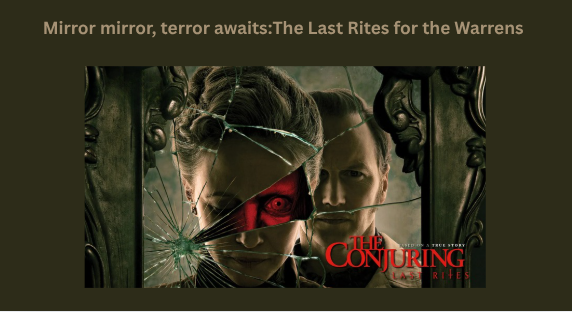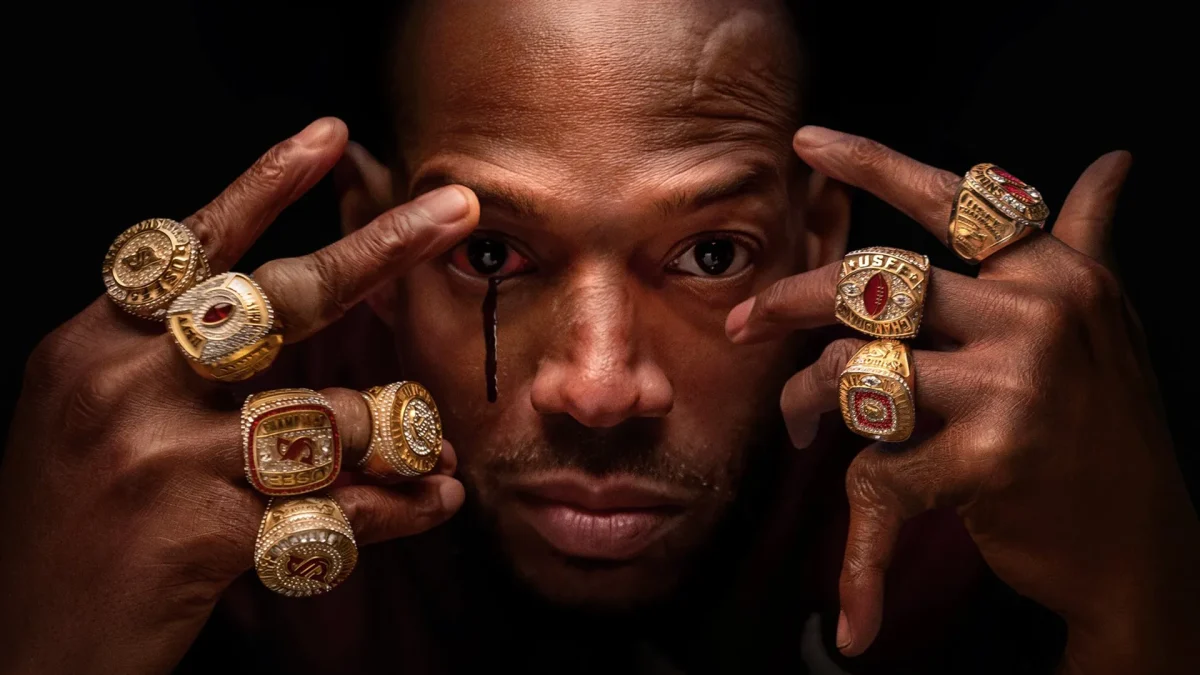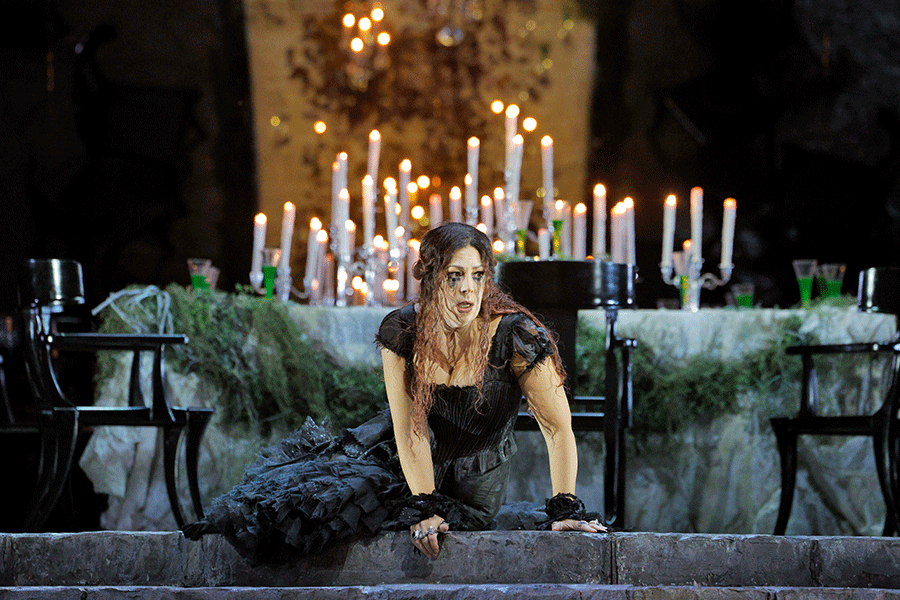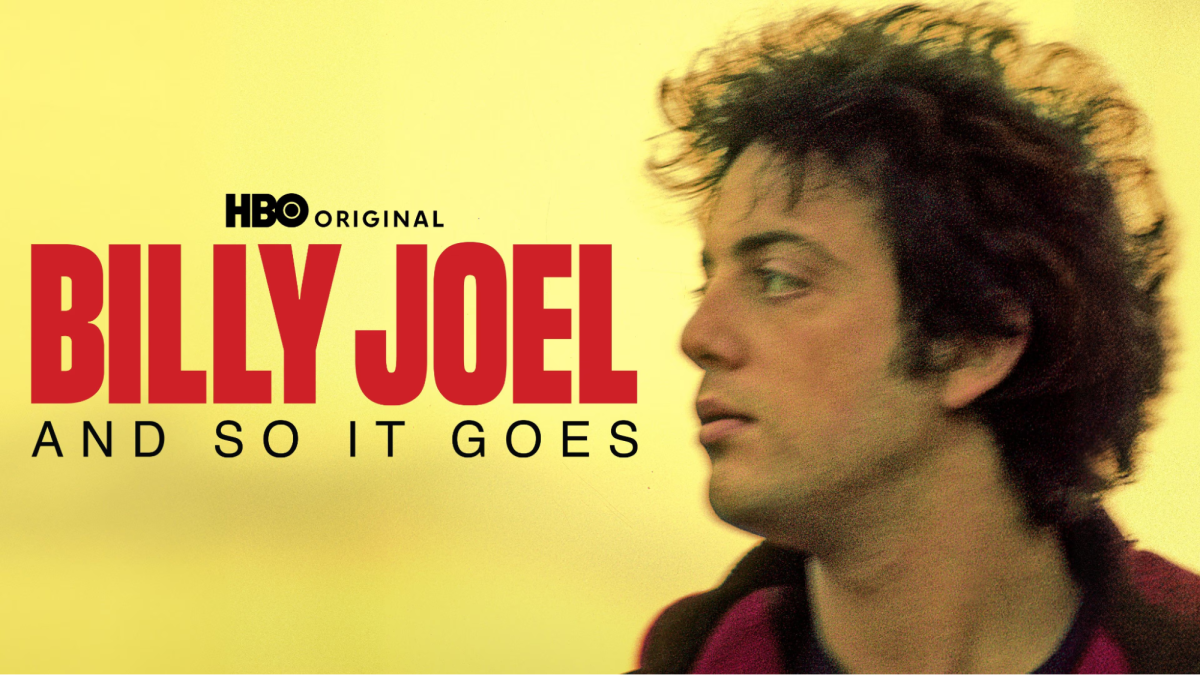When you hear the name “Conan Gray”, another name is often attached to it: “Heather”. The love-sick teenage jealousy anthem, the theme song of quarantine, the one that appeared time and time again on your TikTok feed as you sat in your cow print bed sheets, surrounded by blinding LED lights and plastic vines.
With over 2 billion streams on Spotify, how could “Heather” not be the melody that comes to mind when you hear Conan Gray’s name? It’s almost ironic how Conan is often only known by his song “Heather,” just like he was overshadowed by Heather in the narrative of the song. Now, let’s remove Heather from the narrative, and get to know the narrator himself. That is what we see in Wishbone, his most recent album.
Released Aug. 14 and consisting of 12 tracks, Wishbone has a running time of 43 minutes. The album opens with “Actor”, which tells the earnest and fervent narrative of a casual summer fling, after which Gray is disappointed by his lover’s pretending that the two never even interacted. Its instrumental centers around a melancholic acoustic guitar melody, setting the raw, poignant, and cathartic mood of the album.
The album maintains a consistent acoustic theme throughout all twelve tracks, all the while allowing the meaning, mood, and melody to fluctuate. Some songs, like “Romeo”, the fourth song on the album, take on a more lighthearted, almost comedic tone, poking fun at Gray’s past heartbreaks rather than mourning them.
“Romeo” immerses the listener into Gray’s vivid perspective as he begins to recognize that he has been manipulated by his ex-lover. It tackles the difficult realization that someone you were once infatuated by was not as noble as they appeared through a light-hearted lens. In retrospect, Gray can accept that he was taken advantage of while simultaneously acknowledging his very real feelings for that person at the time.
In contrast to some of his other songs that deal with a similar topic–for example, “Memories” off of Superache, his 2022 sophomore album–Gray doesn’t grieve the loss of his relationship; instead, he applies humor to it, laughing at his old, naïve self who grew from the experience.
The song is reminiscent of similarly light-hearted tracks off of his older albums that notably contrast the rest of his angsty discography, particularly “Wish You Were Sober” and “Maniac” from Kid Krow.
We wouldn’t have a pop album without a bit of cliché teen romance, which is flawlessly delivered in “This Song”, which beautifully contrasts other, more somber songs on the album, such as “Vodka Cranberry.”
“Vodka Cranberry” transports listeners back to Gray’s earlier music, reminding us of his 2020 era when he was known as the “gutwrenching, yearning, lovesick boy”. Gray seamlessly ties in themes from his older music repackaged into his new sound through songs like “Nauseous”, “Caramel”, “Sunset Tower”, and “Connell”.
He also explores themes of identity and his complicated upbringing through “Class Clown”, the sixth track on the album. In “Class Clown”, Gray acknowledges the lasting effects of growing up in a “broken” family and coming from a different background as his peers. He explains that he coped with domestic abuse, bullying, and general adolescent hardships using humor, hence the title: “Class Clown”. He also conveys that his tendency to downplay his trauma has affected his view of himself and his ability to cope with his feelings even as an adult.
Gray also references his past–and current–music in many of his songs on Wishbone. In “Eleven Eleven”, the lyric “Well, there’s wishbones and clovers and numbers from Heaven
Shapes in the stars to invent our connection” references the title of his latest release, Wishbone, as well as his last album, Found Heaven, and the song “Astronomy” off of Superache. In “Actor”, Gray references “Heather”, his breakthrough hit, through the lyric “And nobody saw us with your sweatshirt on me”, an allusion to the iconic opening line “I still remember, third of December, me in your sweater.”
The second line of the second verse of “Actor” reads: “Blame it on a bad manic episode”, which some fans interpret as a reference to “Maniac” from his first album, Kid Krow. “Connell” parallels many of the themes in “Heather”, while “Nauseous” reflects those in “Crush Culture”.
Some listeners also noticed the repeating phrase “But I care, I care, care, care” as a reference to Olivia Rodrigo’s “Lacy”, the chorus of which contains a similar line: “Ooh, I care, I care, I care.” This relationship certainly seems possible given that the singers are publicly known to be close friends.
“The album definitely feels like some of his old albums. Conan told us before it came out that it is Kid Krow’s older brother, and some lyrics from Wishbone do tie back to it,” Conan Gray fan Erica Henry said.
The amount of parallels between Kid Krow and Wishbone suggest an intentional linking of the two, similar to how Taylor Swift created sister albums Folklore and Evermore, or how Radiohead purposely constructed In Rainbows to converge with OK Computer between alternating tracks.
Kid Krow, Superache, and Sunset Season were all beautifully crafted mixes of electronic and acoustic indie pop. Found Heaven and Wishbone seem to be the divergence of the two styles, Found Heaven being an isolation of exclusively electronic pop while Wishbone focuses on the acoustic aspect of his older music.
“I think it definitely gave a similar vibe to some of his old albums, and I think it’s one of his best yet,” said Henry. “Personally, I think it was better than Found Heaven, as that was one of his more experimental albums, but both albums were written by the same person and about the same heartbreak, and I can really see that.”
The album comes to an end with “Care”, a beautiful conclusion that not only marks the end of the record, but the end of a relationship. Gray ties together the themes of the previous eleven songs, explaining that, while he no longer mourns the loss of his relationship, he still cares deeply for his lover and that they will have a lasting impact on his ability to love and trust others.
Overall, Wishbone was the final piece to tie together all of Gray’s music, making his sudden breakaway from his usual sound with Found Heaven in 2024 make sense. Found Heaven was not a regression, nor was it a rebrand. It was the product of two wildly successful albums and one EP, carefully and intentionally crafted. Wishbone allows his four albums to exist in harmony, catering to different interests but conveying the same themes, only in a new voice.
“I would rate the album a 9/10,” Henry said. “There isn’t one song on the album that I really hate. For me, there were no skips on Wishbone, and I relate to it so much. I feel like it came out at just the right time for me, and I really love and feel connected to the lyrics.”
Not only was Wishbone’s writing clever, thought-provoking, and poetic, but its instrumentals and vocals were objectively exceptional. Though I ultimately prefer music from his older discography, when his multifaceted sounds were converged, Wishbone still earns a 8/10 rating for me; it’s a piece I would absolutely recommend for those confused by the abrupt change in music style from Superache to Found Heaven, or those wondering: “Hey, what ever happened to the ‘Heather Guy’?”
If those are your questions, then Wishbone by Conan Gray is your answer.









